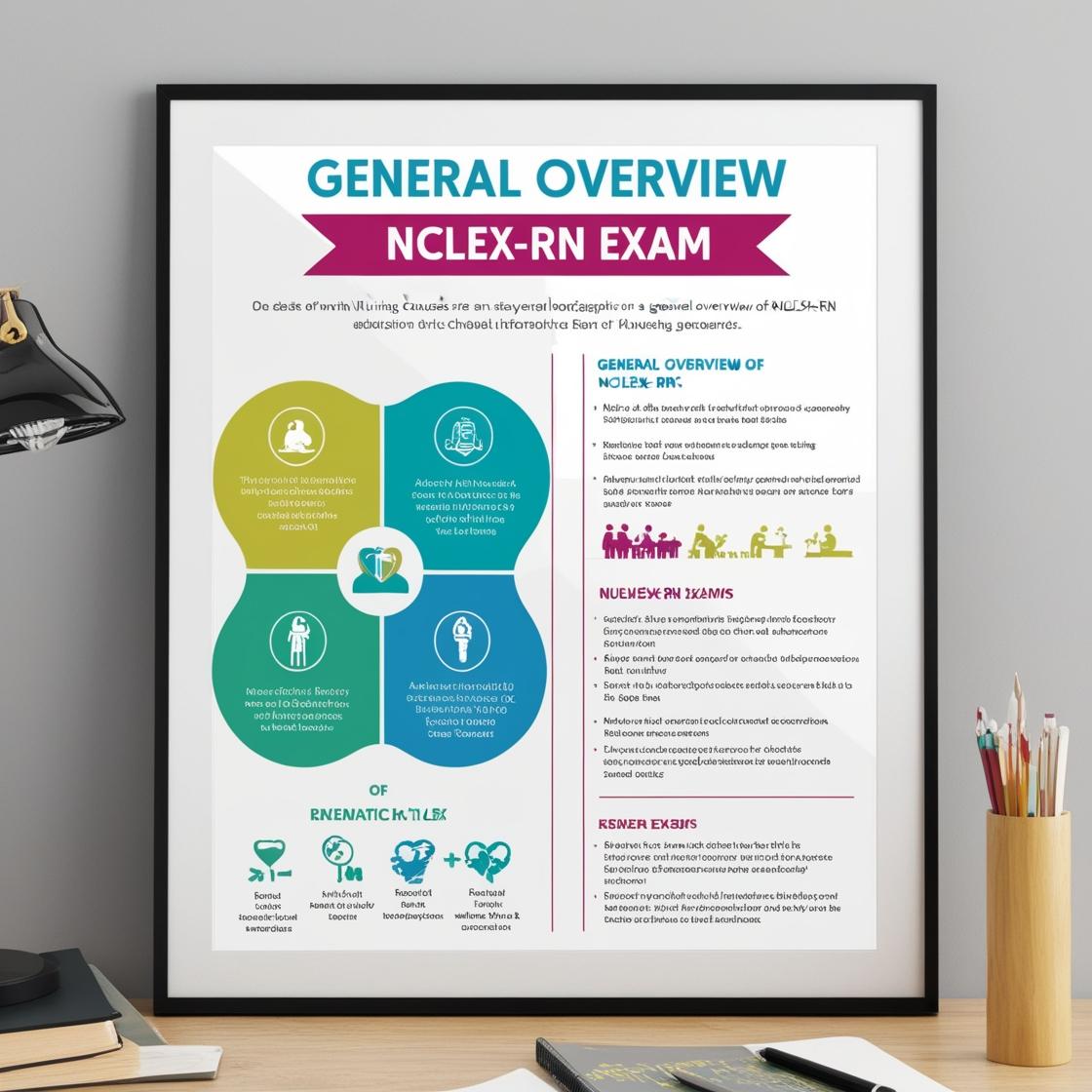NCLEX NCLEX-RN
NCLEX Psychosocial Integrity Questions
1. Which assessment data would be most important to obtain from an Asian-American client with major depressive disorder who maintains traditional cultural beliefs and values?
- A. Dietary practices
- B. Concept of space
- C. Immigration status
- D. Role within the family
Correct answer: D
Rationale: The most important assessment data to obtain from an Asian-American client with major depressive disorder who maintains traditional cultural beliefs and values is their role within the family. In traditional Asian cultures, the family holds significant importance and plays a central role in influencing an individual's well-being. Understanding the client's role within the family can provide crucial insights into their support system, stressors, and coping mechanisms. Dietary practices, concept of space, and immigration status, while potentially relevant, are not as vital in this context compared to understanding the dynamics and influence of the family structure on the individual's mental health.
2. A 28-month-old toddler is admitted to the pediatric unit with suspected meningitis. A few hours later the mother tells the nurse, 'I have to leave now, but whenever I try to go, my child gets upset, and then I start to cry.' Which is the best action by the nurse?
- A. Walking the mother to the elevator
- B. Encouraging the mother to spend the night
- C. Staying with the child while the mother leaves
- D. Telling the mother to wait until the child falls asleep
Correct answer: C
Rationale: The best action for the nurse in this situation is to stay with the child while the mother leaves. By doing so, the nurse can provide comfort and reassurance to both the child and the mother. This approach acknowledges the mother's need to leave while ensuring the child is not left alone and is supported during the separation. Walking the mother to the elevator does not address the child's emotional needs and may not provide adequate support. Encouraging the mother to spend the night is not necessary and may not be feasible for her. Telling the mother to wait until the child falls asleep is not recommended as it may create a sense of dishonesty and uncertainty for the child, who should be aware of the mother's departure and reassured that she will return.
3. A man who is admitted for a suicide attempt after the death of his child says, 'I hear my son telling me to come over to the other side.' Which psychotic symptom is the client experiencing?
- A. Fixed delusion
- B. Magical thinking
- C. Pathological regression
- D. Command hallucination
Correct answer: D
Rationale: The client is experiencing a command hallucination. Command hallucinations involve auditory messages instructing harm to self or others, and giving an identity to the hallucinated voice increases the risk of compliance. A fixed delusion is a false belief held to be true despite evidence to the contrary. Magical thinking involves believing that thoughts can influence events, commonly seen in young children. Pathological regression refers to reverting to a previous developmental stage, not applicable in this scenario.
4. In the care of a withdrawn, reclusive psychotic client, which goal is the priority?
- A. Establish trust
- B. Increase feelings of self-worth
- C. Solidify sense of identity
- D. Improve ability to socialize
Correct answer: A
Rationale: The priority goal in the care of a withdrawn, reclusive psychotic client is to establish trust. Trust is fundamental in building a therapeutic relationship, which is essential for effective care. Without trust, the client may not engage in therapy or interventions. Once trust is established, the nurse can then assess the client's feelings of self-worth, sense of identity, and ability to socialize. While these other goals are important in the overall care of the client, establishing trust forms the foundation for further progress in the therapeutic relationship and treatment.
5. Which of these is a one-on-one communication between the nurse and another person?
- A. Small-group communication
- B. Intrapersonal communication
- C. Interpersonal communication
- D. Transpersonal communication
Correct answer: C
Rationale: Interpersonal communication is a one-on-one interaction between a nurse and another person that often occurs face-to-face. It involves direct communication between two individuals. Small-group communication involves interaction among a small number of people, not just one-on-one. Intrapersonal communication is internal communication that occurs within an individual's mind. Transpersonal communication involves interactions within a person's spiritual domain, which is beyond individual one-on-one communication.

Access More Features
NCLEX RN Basic
$69.99/ 30 days
- 5,000 Questions with answers
- Comprehensive NCLEX coverage
- 30 days access
NCLEX RN Premium
$149.99/ 90 days
- 5,000 Questions with answers
- Comprehensive NCLEX coverage
- 90 days access
